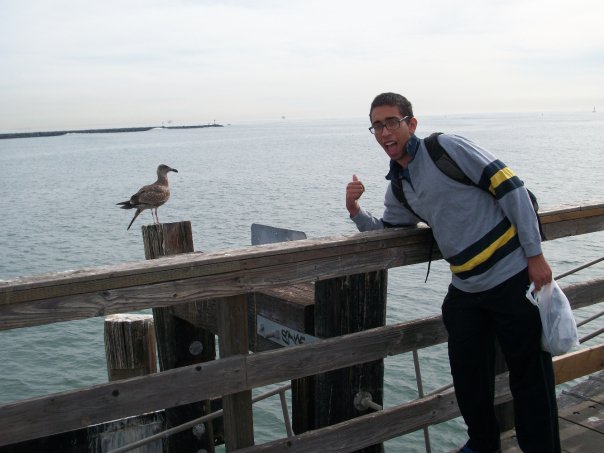The readings and video clips offered great insight into the possibility that play and delinquency are directly related. “Even animals regularly play and that this play can turn predatory/hostile encounters into friendly exchanges” (Ted Talks 2008). The number of children who are confined to Juvenile Prison facilities are appalling. However, there is much hope when these children are interviewed and many of the children demonstrate much enthusiasm for the possibility of a good life. I believe that the Ted Lecture we watched is correct when it states that play is positively linked to human development. I believe that play can relieve stress and limit the chance that a hostile or violent act will occur from a human. I believe that many of the children that end up in Juvy are forced to work and help support their families. Their play time is significantly reduced. However, I believe that play cannot overcome hostile environments. Play itself is not enough to overcome competition or violence. The societal structures of humans need to be supportive and fair in order to maintain peace and decrease violence.

Hello my name is Justin Alexio Vizcaino and I am just starting my junior year at ASU. I love surfing and doing fun outdoor activities. I am currently living in Los Angeles training to be a better improviser. I also love to write poetry so if you like that artsy stuff let me know and we could have a wonderful discussion! Also I love football and the Phoenix Suns. Steve Nashty for life.
Monday, January 31, 2011
Sunday, January 30, 2011
Transitional Justice Watch Blog #1:
The comedy theater I work at is structured in a very loose hierarchy. Our artistic director is the highest level of command and the level below is the department supervisors. However, all of our ideas are valued equally. I think that this type of hierarchy allows for much conflict to arise. Since we have the opportunity to have our voices heard equally by the Artistic Director, our supervisors feel constantly threatened and engage in conflict with me regularly.
My supervisors and I constantly argue over our belief systems. I believe that I should be able to express myself any way I please. Conflicts over values are “When people, groups, and nations have relations with each other, but hold different deeply held beliefs about the role of an individual, group or family within their culture, cultural practices, politics, and religion” (Mertz and Lieber 29). I like to wear my gangster clothing to work and they believe that I do not look responsible. I believe that they are stereotyping my choice of clothing with a low class citizen. I believe that they are trying to conform too much and I am trying to express my freedom to too much of an extent.
I believe that this conflict directly emerges from identity. I do not like to be labeled as a thug, and the theater does not want the public to associate the theater with the lower class. I also feel that this conflict also emerges from ethnic differences. My ethnicity does not associate thug clothing with lower class citizens. We view gangster clothing as a celebration of our culture. My supervisors are white Caucasians that grew up in the suburbs and associate gangster clothing with poor values.
I see many different similarities and difference between my conflicts and the world conflicts. I believe that the conflicts arise from many of the same sources. Desire for freedom and defending of personal values is a driving force. The major differences are that the more major conflicts have religion more closely intertwined. Both types of conflicts are equally important and if we work better to resolve local conflicts, we can prevent major conflicts!
I believe that peace is the acceptance of everyone’s idea. If everyone’s ideas are accepted, no one will feel the need to engage in conflict. However, this is easier said than done, because the acceptance of one person’s ideas often results in the denial of someone else’s beliefs. I believe that national meetings and conferences will help to thwart global conflict. Communication is the key to finding solutions and attempting to compromise.
Monday, January 24, 2011
Week 1-How old is 15 Really?
I believe that this stand-up set displays the many different socioeconomic issues that affect us today. Dave Chappelle is a well-educated African-American comic and I believe that he convey the thoughts and feelings that many people within the African-American community may be feeling. I believe that society still refuses to see all genders and ethnicities as equals. Women are seen as being more vulnerable than men which is why boys are stripped of their child status at an earlier age than girls. I also believe that African-Americans are seen as less vulnerable than Caucasians. Black people are often associated with eh ghetto as a result of the media’s teachings.
The ghetto is seen as a rough place and this is the reason that many African-Americans are seen as adults earlier in life by the white society. I can personally attest to this phenomenon. I was raised in a small suburban town that was 93% Caucasian. On the hot summer days I would see my friends get rides from strangers to avoid the heat on the way to school. I was never offered these rides because society saw me as a colored boy and labeled me as self-sufficient. I think we will someday achieve equal rights for everyone but I do not believe that we will ever label people in an equal way.
Subscribe to:
Comments (Atom)

